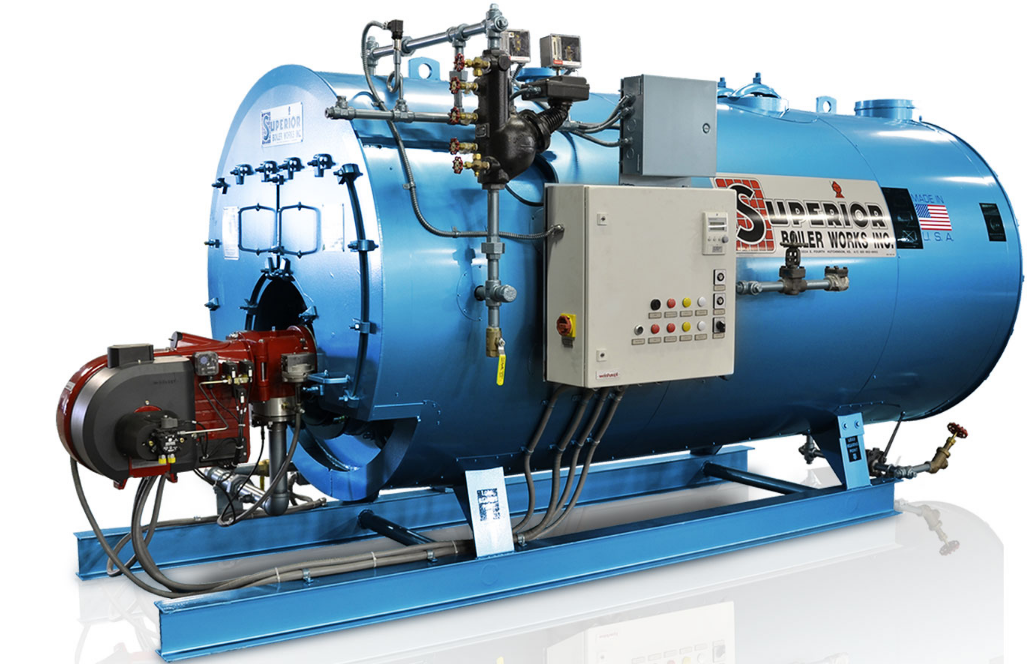Introduction
Boilers are a crucial component in many homes and industrial settings, providing essential heating and hot water. Understanding the different types of boilers, their benefits, maintenance requirements, kerosene prices and how to choose the right one for your needs can help you make informed decisions and ensure efficient, reliable performance.
Types of Boilers
Combi Boilers
Combination (combi) boilers are highly efficient and compact units that serve both as a water heater and a central heating boiler. They are ideal for smaller homes or properties with limited space, as they do not require a separate hot water cylinder or cold water tank.
System Boilers
System boilers, also known as sealed system boilers, are perfect for homes with multiple bathrooms. They heat water directly from the mains and store it in a cylinder, ensuring a constant supply of hot water to various taps simultaneously. System boilers require more space than combi boilers due to the additional cylinder.
Conventional Boilers
Conventional boilers, or regular boilers, are suitable for larger homes with traditional heating systems. They require both a hot water cylinder and a cold water storage tank, usually located in the loft. These boilers are best for households with high hot water demands.
Condensing Boilers
Condensing boilers are designed to be highly energy-efficient by capturing and reusing heat that would otherwise be lost through the flue. They can be either combi, system, or conventional boilers. The primary advantage of condensing boilers is their ability to reduce energy consumption and lower heating bills.
Benefits of Boilers
Energy Efficiency
Modern boilers, especially condensing models, are highly energy-efficient, converting a significant portion of fuel into usable heat. This efficiency helps reduce energy bills and minimizes environmental impact by lowering carbon emissions.
Reliability
Boilers are known for their reliability and long lifespan. With proper maintenance, a high-quality boiler can last for many years, providing consistent heating and hot water.
Comfort and Convenience
Boilers offer the convenience of on-demand hot water and consistent home heating. Combi boilers, in particular, eliminate the need for water tanks and cylinders, freeing up space and providing hot water whenever needed.
Choosing the Right Boiler
Assessing Your Needs
When selecting a boiler, it’s essential to consider your household’s heating and hot water needs. Factors such as the number of bathrooms, the size of your home, and your usage patterns will influence the type and size of the boiler you require.
Fuel Type
Boilers can be powered by various fuel types, including natural gas, oil, electricity, and LPG (liquefied petroleum gas). Natural gas is the most common and cost-effective option, but the availability of different fuels will depend on your location and infrastructure.
Efficiency Ratings
When choosing a boiler, pay attention to its efficiency rating. High-efficiency boilers, such as condensing models, can significantly reduce energy consumption and operating costs. Look for boilers with high Seasonal Efficiency of Domestic Boilers in the UK (SEDBUK) ratings or Energy Star certifications.
Installation and Space Requirements
Consider the space available for boiler installation. Combi boilers are compact and can fit in small spaces, while conventional and system boilers require more room due to the need for additional tanks and cylinders. Consult with a professional installer to ensure your chosen boiler fits your space and meets local building regulations.
Boiler Maintenance
Regular Servicing
To ensure your boiler operates efficiently and safely, it’s crucial to have it serviced regularly by a qualified technician. Annual servicing helps identify and address potential issues before they become significant problems, extending the lifespan of your boiler and maintaining its efficiency.
Bleeding Radiators
Over time, air can become trapped in your heating system, causing radiators to become less efficient. Bleeding your radiators regularly can help release trapped air, ensuring even heat distribution and optimal boiler performance.
Monitoring Pressure
Maintaining the correct pressure in your boiler system is essential for efficient operation. Check the pressure gauge periodically and top up the system if necessary. Consult your boiler’s manual for the recommended pressure range and instructions on how to adjust it.
Flushing the System
Periodically flushing your heating system can remove sludge and debris that accumulate over time, improving efficiency and preventing damage to your boiler and radiators. A professional technician should perform this task to ensure it is done correctly and safely.
Conclusion
Boilers are an integral part of many homes, providing essential heating and hot water. Understanding the different types of boilers, their benefits, and maintenance requirements can help you choose the right boiler for your needs and ensure efficient, reliable performance. Regular servicing and maintenance are key to extending the lifespan of your boiler and maximizing its efficiency, ultimately providing comfort and convenience for years to come.
